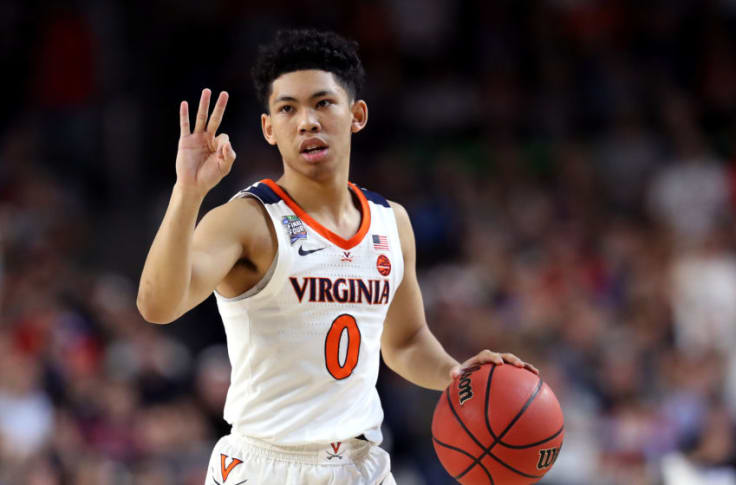They won’t be the only state to open for online sports gambling in January, but Virginia will undoubtedly do so with a unique set of regulations.

Legalized in July, the Virginia Lottery has granted preliminary approval for up to a dozen online sportsbooks, including five of the usual suspects.DraftKings, FanDuel, Fox Bet, William Hill, and Caesars could be live on opening weekend, while Bet365 and BetMGM submitted their applications in time to go live within weeks of the rest.
While operators are eager to get going, several have been vocal about the draconian and sometimes quirky nature of the Virginia Lottery’s online sports gambling rules. The lottery will serve as online gambling’s regulating body and is anticipating taking its first bets starting Jan. 15.
Virginia Will Tax Wagers Heavily, but That’s Just the Beginning
The most notable rule thrown at operators is the state’s decision to tax sports betting revenue at 15%. But steep taxes aren’t where Virginia’s regulations stand out most.
During their approval process, big operators like DraftKings and FanDuel expressed strong opposition to the requirement that their platforms give bettors information about spreads in real-time. The reasoning behind this so that bettors can make the most “informed decisions,†based on the odds of them winning the bet at that given moment. In addition, operators are required to provide a summary of how those odds came to be, the current handle, and the exact payouts.
Sports Betting Apps Aren’t Built for This
In a pilot effort to provide such information in October, FanDuel reported it offered 24 types of bets for an NBA Playoff game, giving bettors a selection of more than 300 potential outcomes, as well as an innumerable amount of parlay wagers updated moment-to-moment. The exercise, they said, became logistically almost impossible and a UX nightmare, especially when considering the amount of on-screen real estate this volume of analytics takes up.
“Sports betting apps are simply not built to provide and display this type of information,†FanDuel wrote in the formal comments section of the Virginia Lottery’s draft regulations, noting that sports odds are moving targets, unlike other games of chance like lottery scratchers. “This requirement would force a reengineering of the products, to create a demonstrably worse user experience. The actual odds [of a game] and by how many points [is always an] unknown.”
Player Safety Measures Could be Used Against Sportsbooks
Other regulations specific to the Virginia Lottery include ramped-up safeguards players can place upon themselves, including voluntary bans for years or even life. The bettor would upload a raft of personal information that the operators are tasked with tracking. Books would ostensibly have to freeze an account should someone who’s imposed a ban on themselves attempt to log in.
Further, sportsbooks are required to freeze the account and “seize the individual’s winnings or other things of value” — something they don’t seem interested in doing, suggesting they could accidentally confiscate the player’s winnings or money owed to them.
Caesars asked the lottery itself to take over any self-exclusion duties to create a single bettor database, comparing the responsibility falling on individual operators to a bettor who doesn’t want to gamble in a casino anymore having to walk into a casino to make that announcement. Operators also pushed for a rule that those who give themselves a lifetime ban have to do it in person, and those who use self-banning rules to exclude themselves from having to pay off a losing bet be held to account.
“A patron may have a future wager on a team to win the Super Bowl [and] as soon as they know the team will not make the playoffs, they self-exclude to get a refund,†Penn National Gaming commented.
No Sports Gambling Ads Aimed at Minors, No Betting on Olympics
Virginia also has rules that prohibit operators from running ads in media seen by minors, which several sportsbooks want clarified. A ban on betting on the Olympics is also being questioned.
Sports betting in Virginia will start online-only, but lottery officials didn’t rule out the possibility of brick-and-mortar casinos or retail sportsbooks entering the market in the years ahead. Despite the many rules and operators’ initial qualms, the projected revenues for 2021 are in the neighborhood of $412 million, with the state looking to take $61.8 million, according to the lottery.
At launch, online sports betting on smartphones will allow bettors to sign up on the computer or through an app. Bettors don’t need to be Virginia residents, but they must be physically in-state to place a wager.









